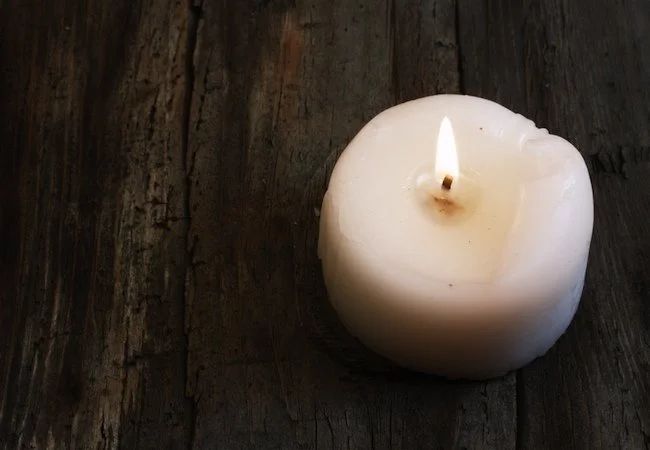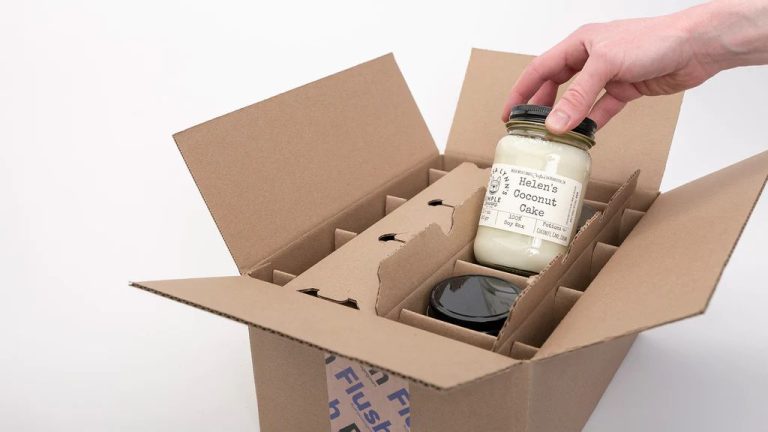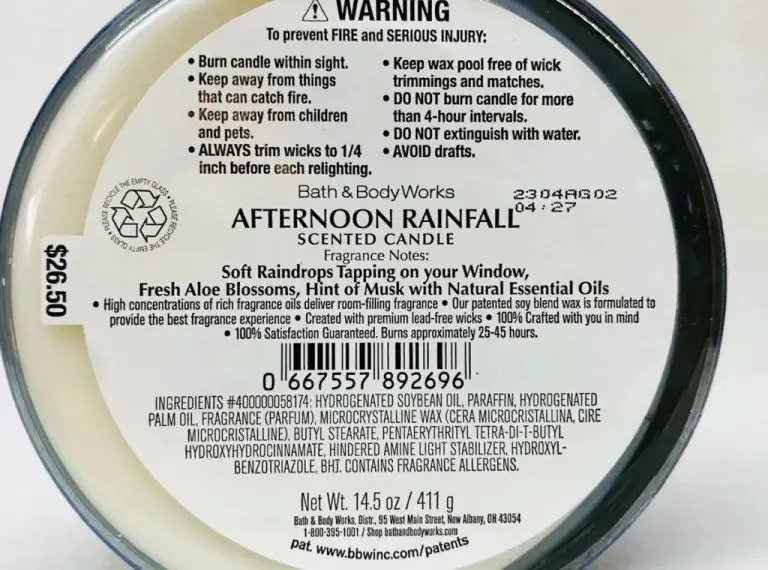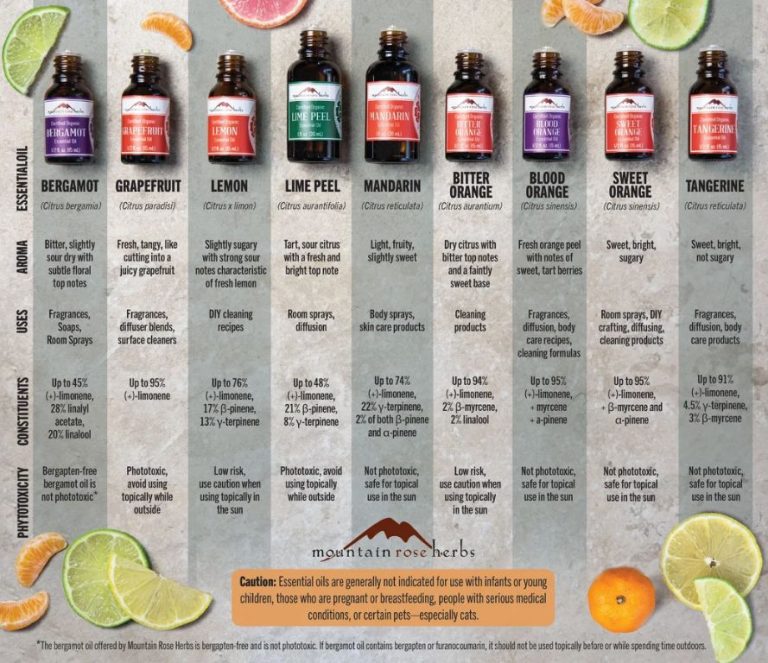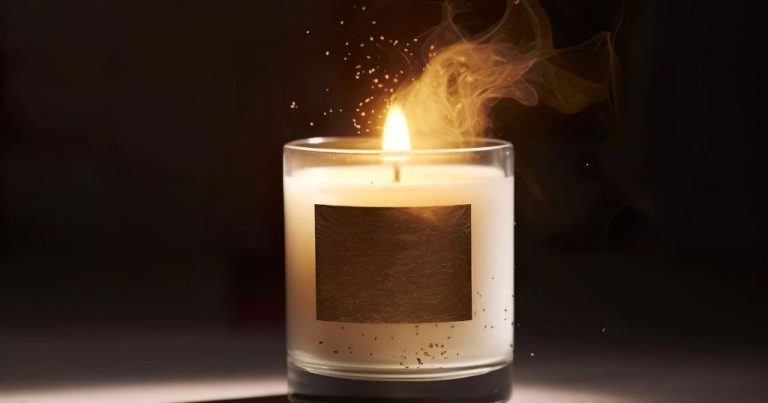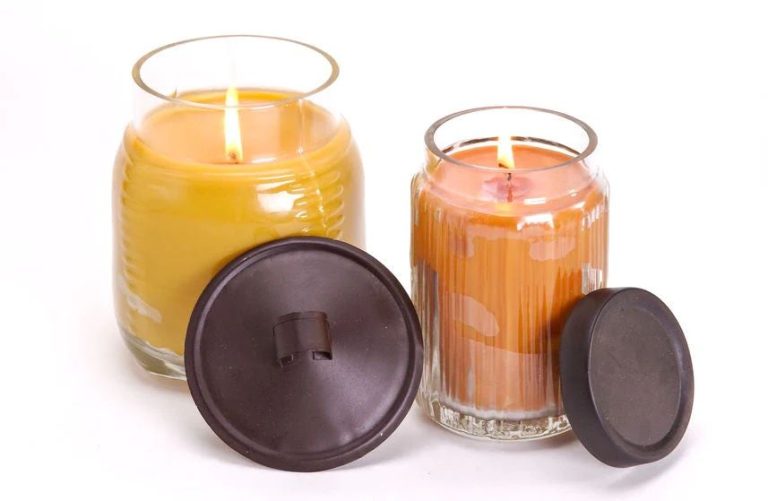Can You Refill Diffuser Bottles?
What Are Diffusers?
Diffusers are devices that are used to disperse essential oils into the air. The Merriam-Webster dictionary defines a diffuser as “one that diffuses” (source). Diffusers work by breaking down essential oils into microparticles that can be dispersed into the air we breathe.
There are several types of diffusers:
- Heat diffusers use heat to warm and evaporate essential oils. The oils are placed in a small dish and a tea light or electric heating element below evaporates the oils into the air (source).
- Ultrasonic diffusers use electronic vibrations to break down the essential oils which then get dispersed as a fine mist. A small disc vibrates at a high frequency to create the mist.
- Nebulizing diffusers use compressed air to blow air across a small tube and turn the oils into a fine mist.
- Evaporative diffusers use a fan to blow air across a pad or filter soaked in essential oils to evaporate the oils into the air.
In summary, diffusers utilize different methods like heat, vibration, air pressure, and fans to turn essential oils into microparticles. These particles are light enough to remain suspended in the air and provide the aromatic benefits. Diffusers allow the oils to cover more surface area compared to oils sitting in a dish.
Advantages of Refilling Diffuser Bottles
Refilling diffuser bottles has several advantages over buying new ones. First and foremost, refilling is often more economical. Diffuser bottles can be expensive, especially if you prefer higher-end brands. The oils themselves are the costly part of diffusers. By reusing old diffuser bottles, you save money since you only need to repurchase oils (source).
Refilling also reduces plastic waste. Diffusers are commonly made of plastic, which takes hundreds of years to decompose in landfills. When you reuse bottles, you keep them out of landfills for longer. This helps the environment by reducing demand for newly manufactured plastic diffusers (source).
Finally, refilling allows you to continue using diffusers you already own and like. Maybe you have a beautiful, decorative diffuser you want to keep enjoying. Or perhaps you own a diffuser with features like lighting, mist settings, or auto shut-off. By refilling the bottle, you can keep these benefits without any added costs.
How to Refill Diffuser Bottles
Refilling your diffuser bottles allows you to continue enjoying the benefits of aromatherapy oils without having to buy new diffusers. However, there are some important steps to follow when refilling diffuser bottles:
First, thoroughly clean the diffuser according to the manufacturer’s instructions before refilling. Use warm water and a small amount of mild soap to wash away any oil residue. Rinse and dry completely. This prevents cross-contamination of scents and buildup.
Check the diffuser instructions for the proper ratios of water to oils. Most diffusers recommend adding 5-10 drops of essential oil per 100mL of water. Avoid overfilling with oil, as this can clog the diffuser.[1]
Only add one type of essential oil at a time to prevent competing scents. Lavender and eucalyptus, for example, may not blend well. Stick to complementary oils like lemon and orange or menthol scents.
Do not exceed the diffuser’s max fill line when adding water and oils. This could lead to leaks, malfunctions, and damage over time. Carefully pouring to the proper fill level prevents issues.
Follow all other manufacturer instructions for safe, effective diffuser operation. With proper care when refilling, you can enjoy your diffuser for a long time.
Safety Precautions
When using essential oils, it’s important to take proper safety precautions. Here are some tips:
Use 100% pure essential oils from reputable brands like Aura Cacia and Eden’s Garden. Pure oils are less likely to cause irritation or other issues (Healthline).
Dilute oils properly to avoid irritation or toxicity. Certain oils like cinnamon, clove, and oregano are “hot” and can cause skin irritation if not mixed with a carrier oil like coconut or jojoba oil (Aura Cacia).
Research oil and diffuser compatibility. Some plastics can degrade from exposure to particular essential oils. Make sure your diffuser and oils are compatible (AromaWeb).
Never ingest essential oils unless under the guidance of a certified aromatherapist. Oils can be toxic if swallowed.
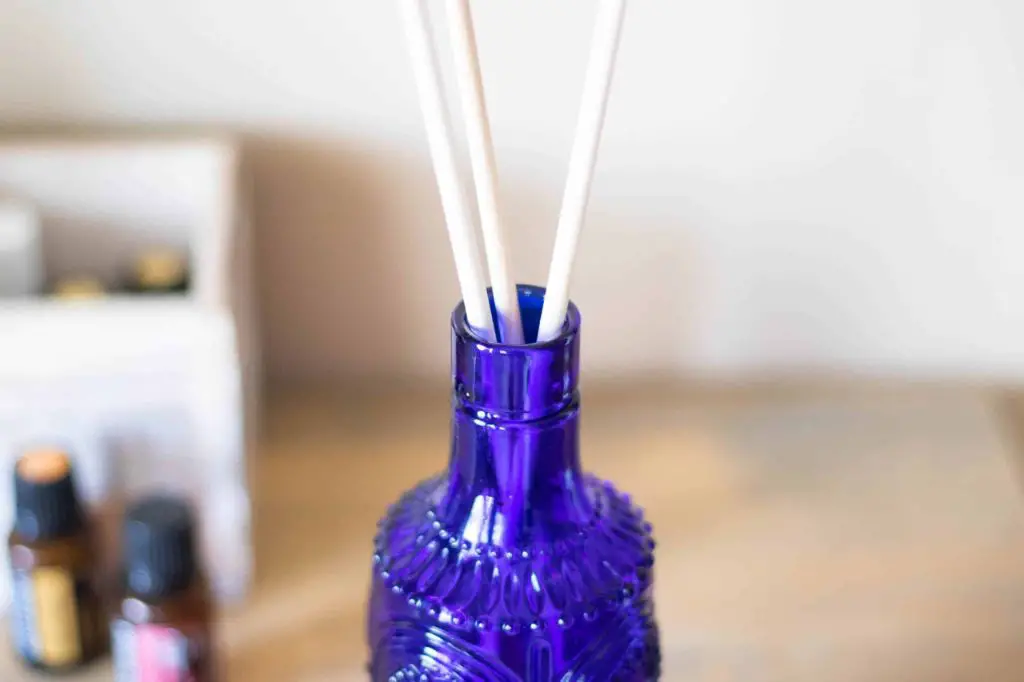
What Oils to Use
When refilling your diffuser, it’s important to choose oils that are suited for diffusing. Oils like citrus, mint, and lavender tend to work well in diffusers:
Citrus oils like lemon, orange, grapefruit, and lime have light, uplifting scents that smell fresh and clean. They help purify the air and create an energizing environment (source).
Mint oils like peppermint and spearmint have an invigorating scent that can help boost alertness and focus. The cooling sensation of mint is also refreshing (source).
Lavender oil has a light floral scent that’s relaxing and stress-relieving. It’s one of the most versatile and popular oils to use in diffusers (source).
Avoid using thick or heavy essential oils that could potentially clog your diffuser. Oils like sandalwood, vanilla, and patchouli are better suited for topical use or candles. It’s also best to use single oils or simple blends rather than complex mixes (source).
Storing Leftover Oils
Once you’ve refilled your diffuser, you’ll likely have leftover essential oil. It’s important to store it properly to maintain potency. Here are some tips:
Store in dark glass bottles, away from light and heat. Light and heat can degrade essential oils over time, so keep them in opaque, tightly sealed bottles in a cool, dark place like a cupboard or drawer. Amber or cobalt blue bottles are ideal.
Make sure lids seal tightly. You don’t want the precious oils evaporating before you get to use them. Plastic stoppers or screw caps with an inner liner work best to prevent leaking.
Label bottles clearly with name and date. Use a permanent marker to identify which oil it is and when you opened or refilled it. This allows you to use the older oils first and track shelf life.
Following these storage guidelines will help extend the shelf life of your essential oils so none of them go to waste. With proper care, most oils will remain potent for 1-2 years or longer.
Signs It’s Time for a New Diffuser
There are a few indications that it may be time to replace your essential oil diffuser:
Device no longer produces steam consistently – Diffusers rely on ultrasonic technology to transform water and oil into a fine mist. If the mist production becomes irregular or stops working despite troubleshooting, the internal components may be wearing out.
Filters need frequent cleaning/replacing – Many diffusers have filters to help keep its internal parts clean. If you find yourself needing to clean or replace filters more often, it could mean the diffuser is unable to function properly.
Strange smells or loud noises – A well-functioning diffuser should run quietly and emit only the aroma of essential oils. Strange mechanical noises or burning smells are signs of a malfunction.
Leaking or damaged reservoir – Cracks, leaks, and damage to a diffuser’s water reservoir can lead to improper diffusion. This type of defect requires replacement of the unit.
Overall, if your diffuser is no longer working optimally despite troubleshooting and maintenance, it may be time for an upgrade. Diffusers typically last 1-2 years with regular use before needing to be replaced.
Alternative Uses for Old Diffusers
Once the reeds or wicks in your diffuser are spent, the glass bottle can be repurposed in various creative ways instead of being discarded. Some ideas for giving old diffusers new life include:
Turn them into small decorative planters or vases. The bottle’s narrow neck lends itself perfectly to holding a single bloom or mini bouquet. Add pebbles, marbles, or river rocks to the bottom for drainage before filling with soil and your choice of little plant. Consider succulents, baby’s tears, African violets, or mini orchids (Source: https://shiora.com.sg/blogs/tips-for-you/how-to-reuse-your-empty-reed-diffuser-glass-bottle).
Repurpose them as organizational containers for office supplies like pens, pencils, and paper clips. The glass allows you to easily see the contents. Use removable vinyl lettering or labels to identify each bottle’s purpose.
Transform old diffusers into unique night lights or mood lighting. Add battery-operated fairy lights or mini string lights. The diffused glass creates a soothing ambiance. Arrange several in different colors around a bedroom or living space for a decorative accent (Source: https://joybileefarm.com/upcycle-essential-oil-bottles/).
Recycling Diffusers Responsibly
When it’s time to retire an old diffuser, look for responsible recycling options to keep components out of landfills. The first step is removing any batteries, electronics, and leftover oils, which may require special hazardous waste disposal.
Next, break down the diffuser into its separate material components – plastic, glass, metal, etc. Check locally for recycling programs that accept diffusers and electronic waste. For example, sites like earth911.com have databases to search for drop-off locations in your area.
Some diffuser companies like Air Aroma also have recycling initiatives that accept used diffuser bottles and cartridges made from recyclable PET and PP plastic. This makes it easier to minimize waste and environmental impact when disposing of old diffusers.
With some research, you can find responsible ways to recycle most diffuser components and avoid sending them to landfills. Proper disposal not only benefits the environment but helps sustain resources for future diffuser production.
The Bottom Line
Refilling your diffuser bottles with essential oils allows you to enjoy the benefits of aromatherapy for longer at a lower cost instead of constantly buying new diffusers. With some simple safety precautions, refilling diffuser bottles is easy and safe. Be sure to use 100% pure essential oils and store any excess properly. Refilling is better for the environment too, reducing plastic waste from constantly buying new diffusers. Before tossing an old diffuser, explore ways to repurpose it or properly recycle it if it no longer works or looks dirty. Overall, refilling your diffuser allows you to keep enjoying your favorite essential oils in a sustainable, cost-effective way.

